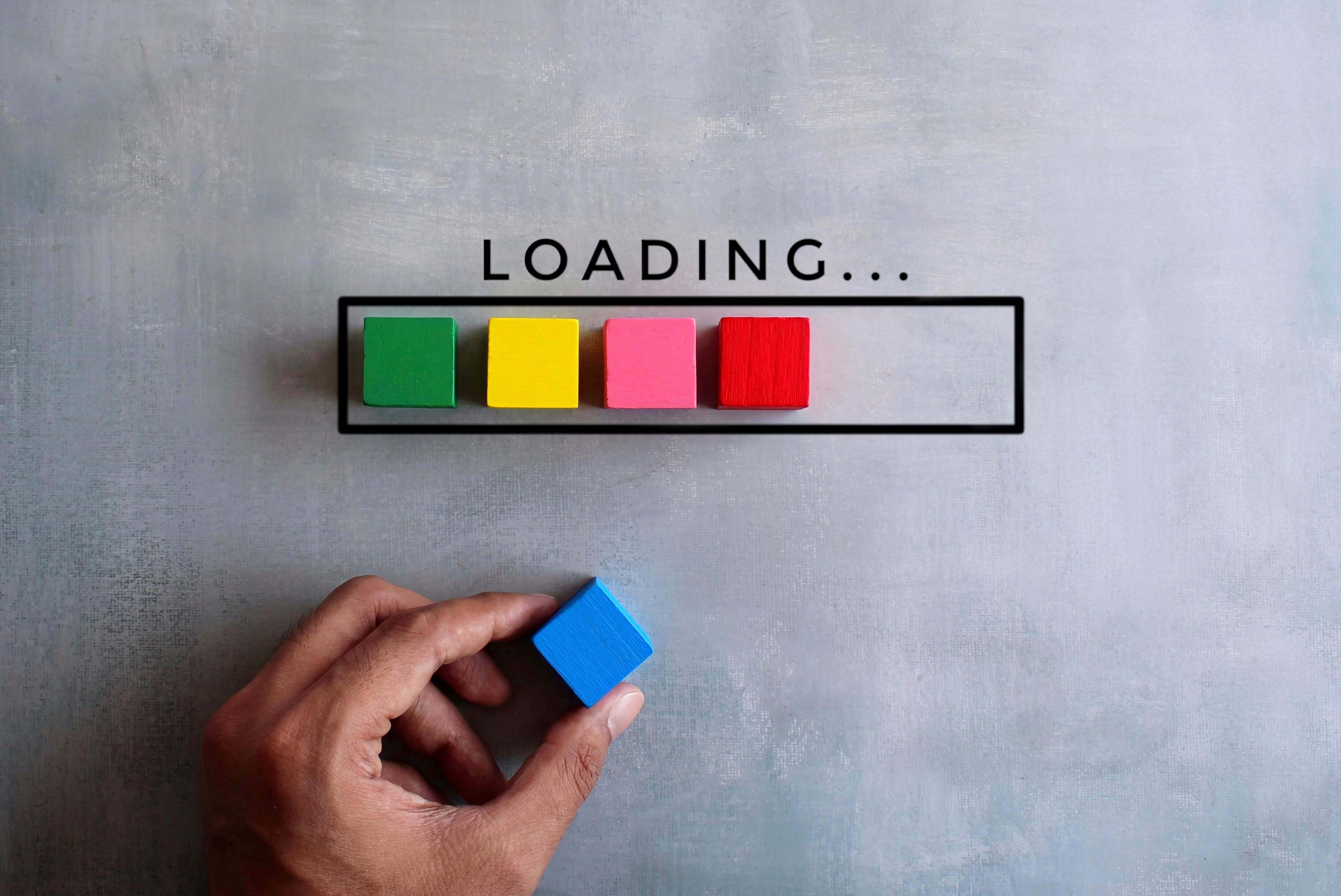Why Do Connection Speeds Drop When I Connect to a VPN?

When you connect to a VPN (Virtual Private Network), the connection speed may drop due to several reasons:
-
Encryption Overhead: VPNs use encryption to secure your internet traffic, which can add additional data to each packet that is sent over the internet. This additional data can cause a slower connection speed as it takes more time for the data to travel to its destination.
-
Distance and Latency: The VPN server may be located far from your physical location, causing a delay in data transfer known as latency. This delay can add up and slow down your connection speed.
-
Server Overload: If the VPN server you are using is overloaded with traffic, your connection speed can suffer. This can happen during peak usage times, such as during the workday or in the evening when many people are using the VPN.
-
ISP Throttling: Your Internet Service Provider (ISP) may be throttling your connection speed when you use a VPN. Some ISPs are known to slow down traffic that goes through a VPN as a way to manage network congestion.
Overall, if you are experiencing slower connection speeds while using a VPN, it's likely due to a combination of these factors. To improve your connection speed, you may want to try connecting to a different VPN server that is closer to your physical location, using a less busy VPN server or upgrading your internet connection with your ISP.